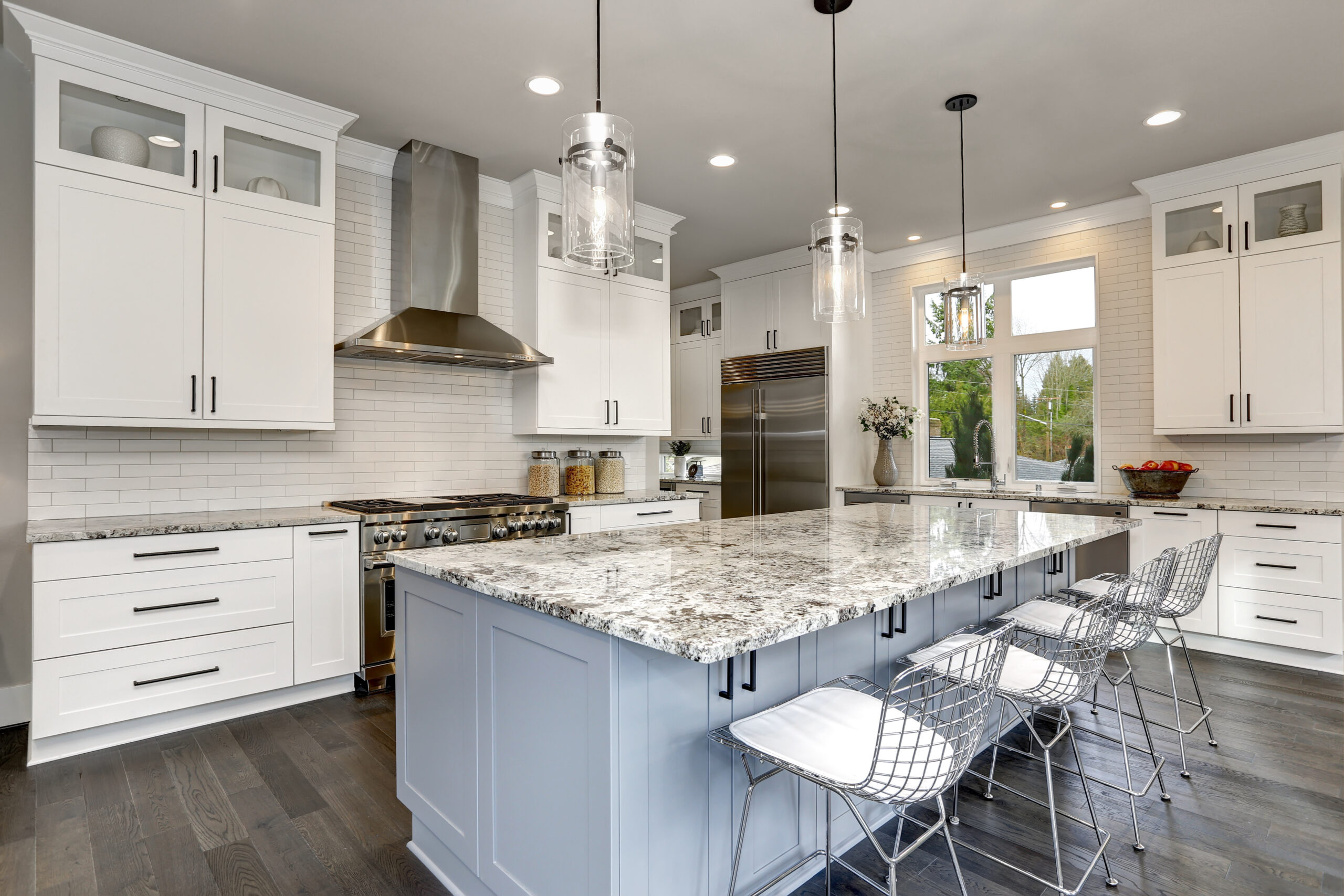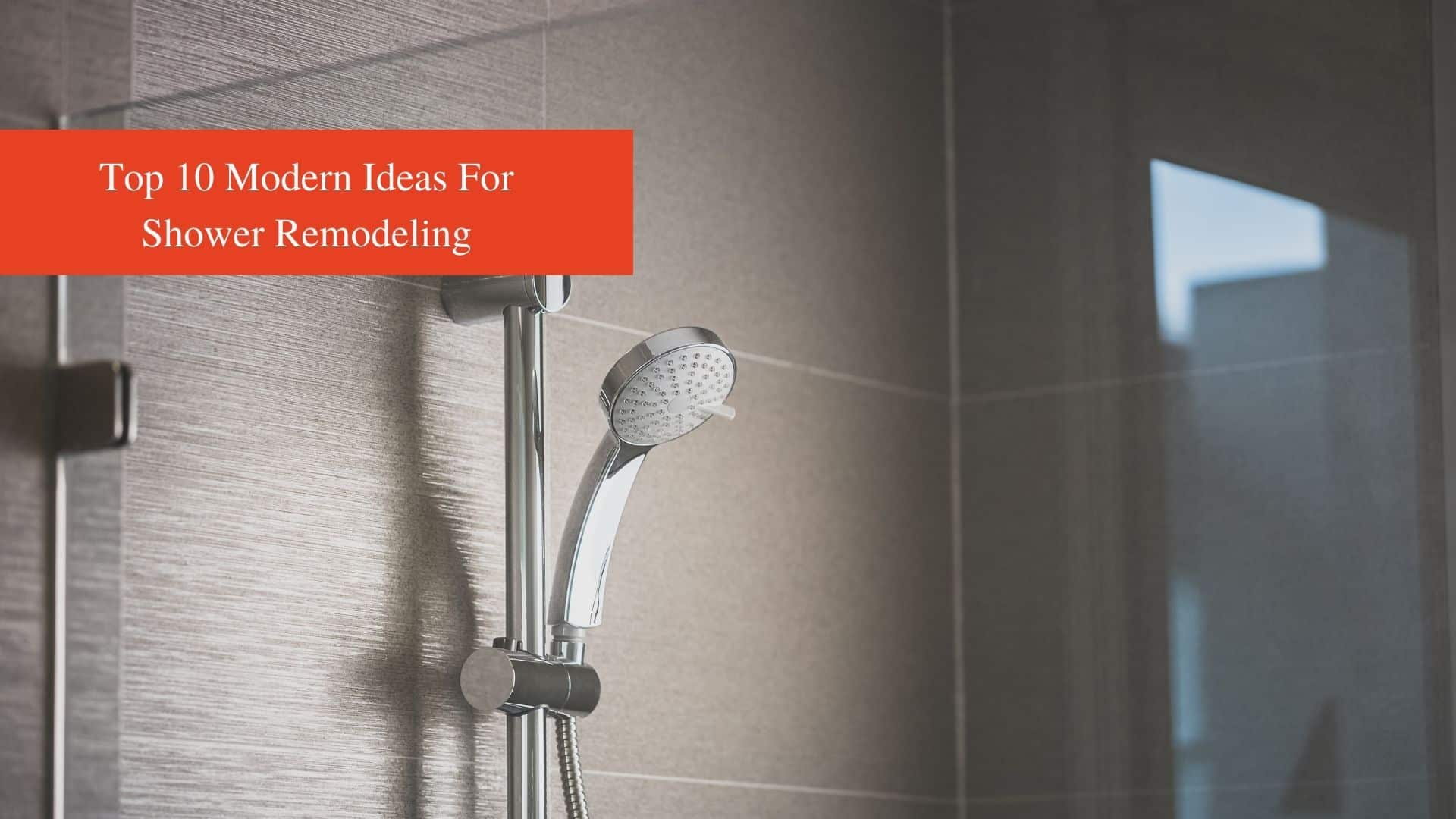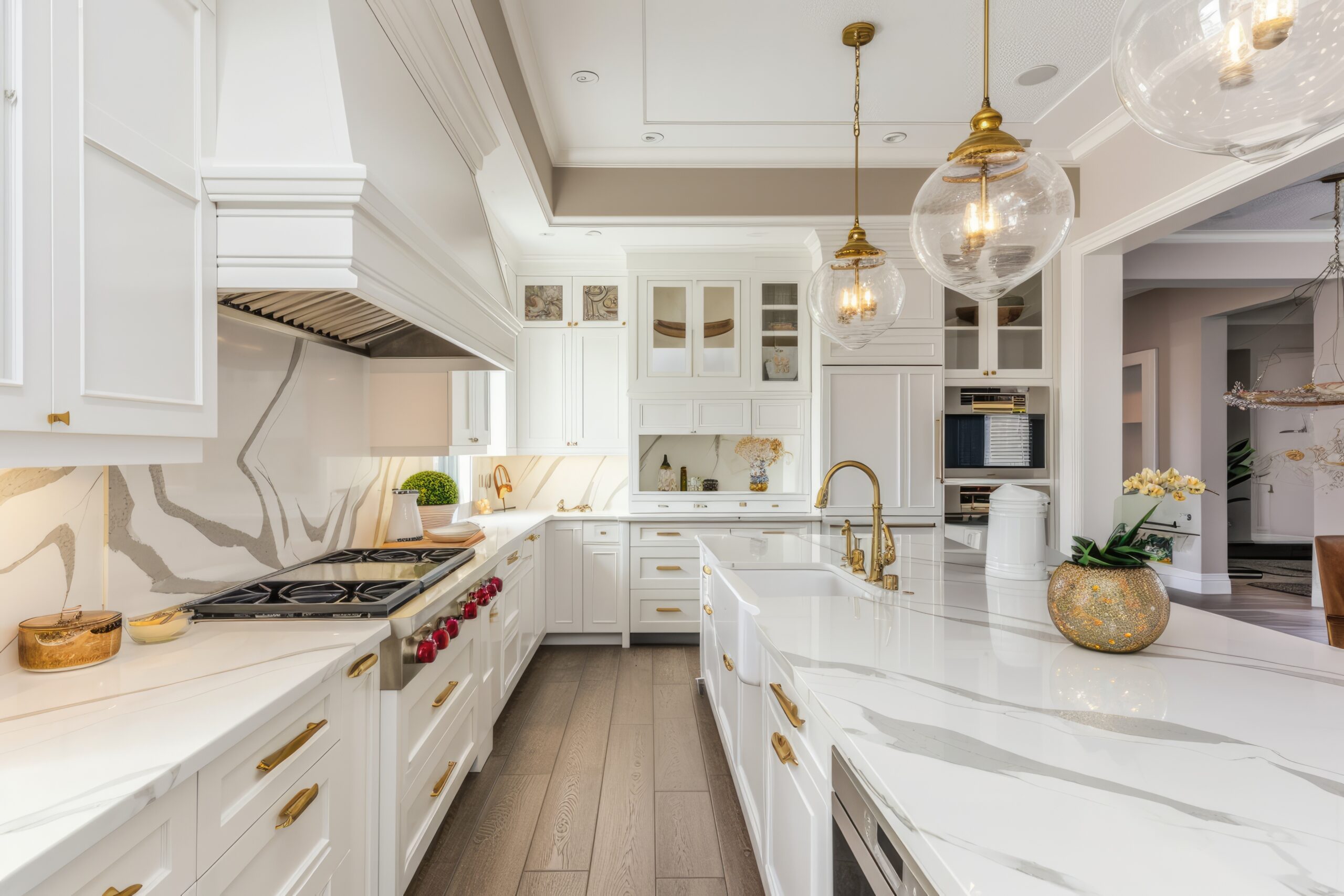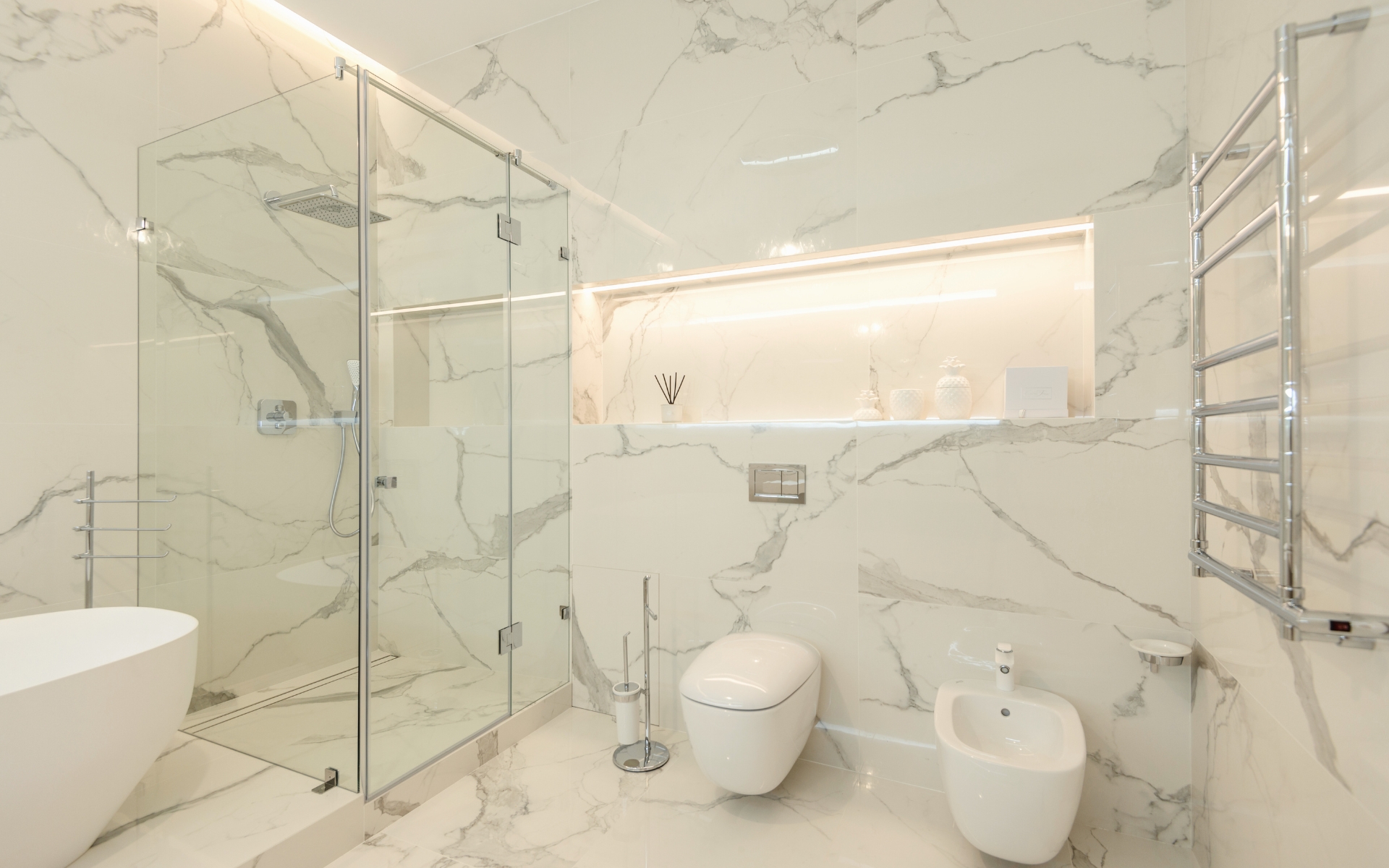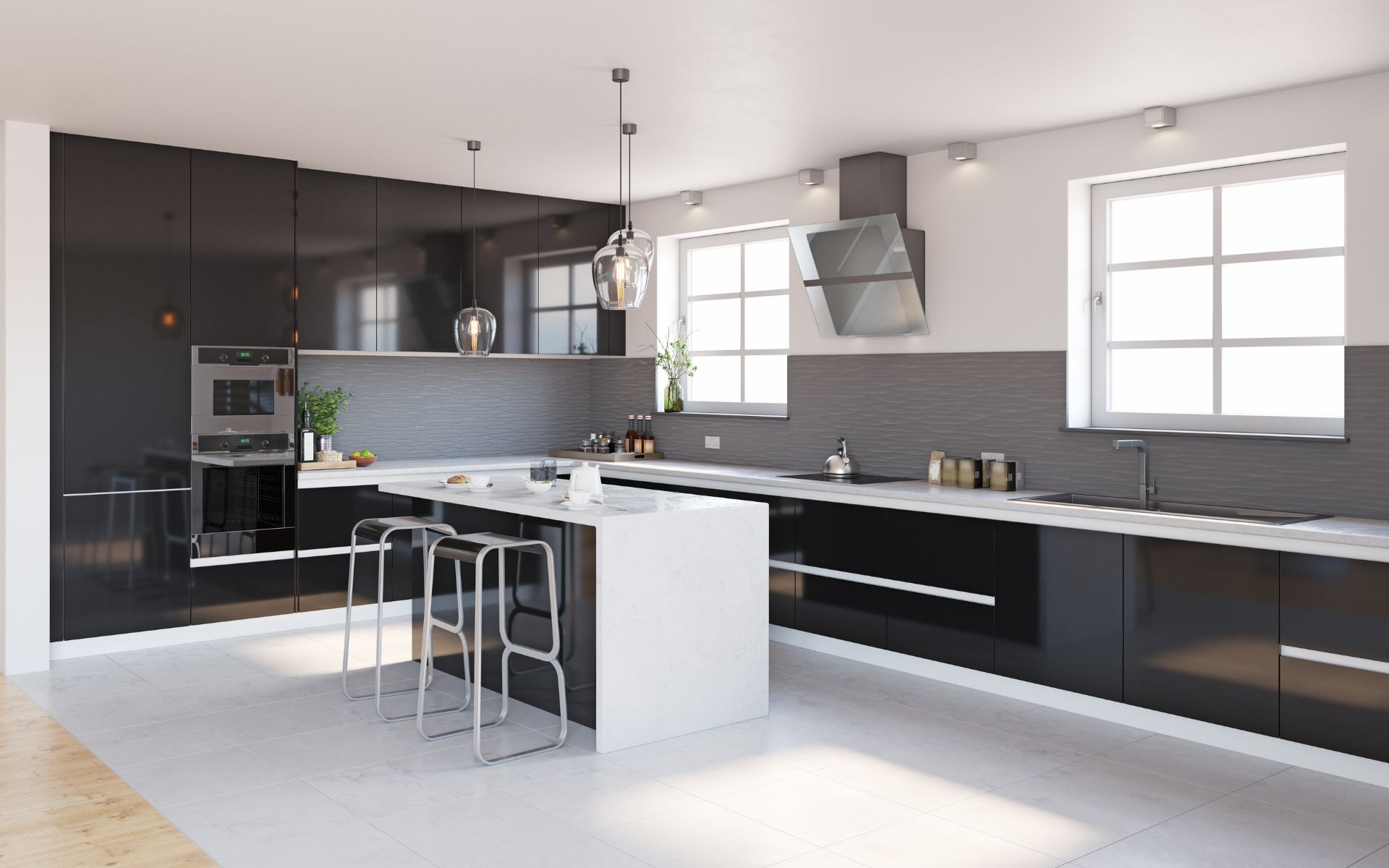Embarking on a kitchen remodeling project can be an exciting and transformative experience for homeowners. However, amidst creative design decisions and selecting the perfect color scheme, it’s crucial not to overlook one critical aspect of the process – permits. Navigating through the world of permits may seem daunting at first glance, but it is an essential step in ensuring compliance with local regulations and safety standards during your remodel.
In this blog post, we will unlock the secrets surrounding kitchen remodeling permits specifically tailored to residents of Wyckoff, NJ. We aim to make obtaining these permits easy to understand by providing comprehensive information about their purpose, various types available in Wyckoff as well as tips for a smooth permitting process.
Understanding Kitchen Remodeling Permits
Let’s begin by defining what exactly are “kitchen remodeling permits.” These are legal documents obtained from local government authorities that grant you permission to alter or modify certain aspects of your kitchen during renovations. The primary purpose behind obtaining these permits is two-fold: firstly, they ensure adherence to building codes and regulations set forth by municipal bodies; secondly, they prioritize occupant safety throughout each stage of construction or renovation activities performed within a residential property. In Wyckoff specifically, there are three main types of kitchen remodeling-related permissions required:
- Building Permit – This type allows you approval for structural changes such as adding or removing walls or partitions.
- Plumbing Permit – If any plumbing work is being done like adding new fixtures such as sinks and dishwashers, relocating existing pipes, etc., then this permit should be sought.
- Electrical Permit – When you plan on rewiring electrical connections, installation, replacement, and new locations, such as additional lighting outlets.
The Permitting Process
Once you’re familiar with different permit types, let’s discuss how someone would go about applying them correctly which starts with the understanding and adherence to Wyckoff’s permitting process. To initiate this, you must first locate your local municipal office responsible for reviewing permits in your area.
Your next step is gathering all necessary documentation needed as part of these applications. This typically includes floor plans, blueprints showing existing layout, detailed documentation if it involves connections provided, a written description outlining proposed renovations, alterations, and potentially any other document requested by local authorities (this differs depending upon project scale).
Finally comes fee payment which varies widely from jurisdiction to jurisdiction based on some factors like application type, scope, and overall work being done, etc.
Benefits of Obtaining Kitchen Remodeling Permits
Some homeowners may question the need to obtain kitchen remodeling permits, viewing them as an unnecessary inconvenience or added expense. However, there are several compelling reasons why complying with permit regulations can be advantageous:
- Legal Compliance and Avoiding Fines – Local municipalities have established building codes aimed at ensuring safety standards within residential properties. Failure to adhere to these codes can result in fines or even legal repercussions further down the line when trying to sell a property without proper certification during the pre-closure inspection process or home appraisal stages.
- Ensuring Safety and Quality – By obtaining permits for kitchen remodels, you ensure that structural changes, electrical rewiring, relocations, and energy-efficient upgrades and appliances comply strictly with health, safety, and regulatory guidelines. This is also to protect occupants once the remodeling commences. Furthermore, certified inspections take place throughout different milestones involving tradespeople like electricians, plumbers, and general contractors.
- Resale Value and Insurance Considerations – Having a properly documented renovation history and its certifications attaches value whenever one intentionally sells their home via formal third-party appraisals.
- Peace Of Mind for Homeowners – Finally, one of the often underestimated and unmeasurable benefits is peace of mind. Knowing that all remodeling work has been carried out in compliance with legal requirements can offer a sense of security benefiting you and your loved ones throughout residency tenure.
Common Misconceptions About Permits
While permits are essential for kitchen remodeling Wyckoff NJ, there are several common misconceptions surrounding them that need to be addressed:
- “I don’t need permits for a small remodel.” – Permitting regulations apply regardless of the size or scope of the renovation. These ‘small renovations’ could include electrical outlets being added or relocated among other items falsely perceiving their insignificance.
- “Permits are too expensive.” – Concrete responses vary and are subjective, but it’s worth considering the potential of spending on permits rather than paying more on the fine and possible financial drawbacks.
- “I can get away without permits.”- There’s no denying some homeowners might undertake significant risks hoping ‘Just Pay’ simplifies or skipping this process altogether. Well, this is incorrect. Doing so is just exposing yourself to voiding any insurance coverage and warranties which reduces resale prospects in the future.
Tips for a Smooth Permitting Process
Now that we’ve debunked common misconceptions surrounding kitchen remodeling permits in Wyckoff NJ, let’s focus on some key tips to ensure a smooth permitting process:
- Plan Ahead and Do Your Research – Begin the permitting process early in your renovation planning stage. Thoroughly research local regulations specific to Wyckoff as requirements can vary among towns and counties of New Jersey.
- Work With Licensed Contractors – Hire licensed contractors who are knowledgeable regarding current building codes and familiar with the permit application procedure.
- Keep Clear and Organized Records: Maintain an organized record and documentation system throughout every step of your renovation journey. This includes obtaining relevant paperwork, certification, invoices, and receipts then finally culminating staging documentation showcasing your compliance upon completion.
- Communicate with Local Authorities: Don’t hesitate to contact the city and town clerks if queries arise during any part of the kitchen renovation project.
Conclusion
In conclusion, navigating kitchen remodeling permits in Wyckoff NJ doesn’t have to be an overwhelming process. By understanding the purpose of permits and their significance within local regulatory frameworks, homeowners can embark on their renovation journey with confidence.

